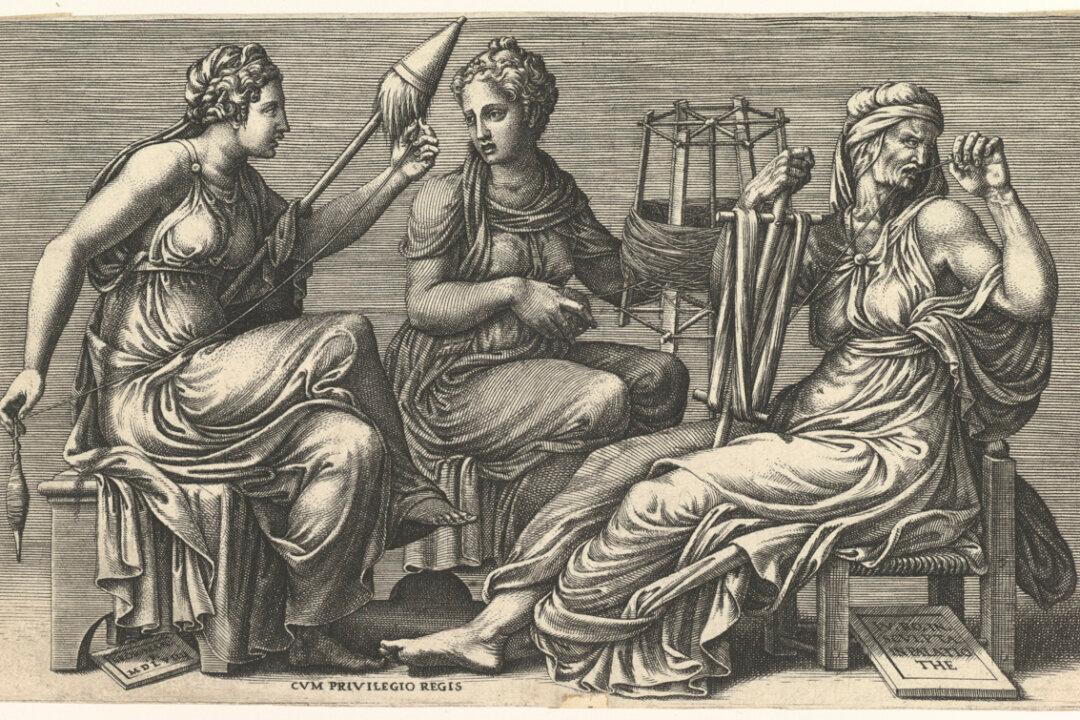One of the most important components of our life as human beings is the feeling and the knowing that we have a purpose.
As cultural commentator David Brooks observes in his book “The Road to Character,” “A mature person possesses a settled unity of purpose.” But whether a sense of purpose is needed for maturity or not, philosopher Richard Smoley comments in his “Inner Christianity” that “Nearly everyone feels it at some point or another: Each of us has the sense, however faint, that there is some unique purpose for which we have been called into being and which no one else can fill.” Aside from anything else, this feeling that there is a purpose is characteristic of “high well-being,” as author Gail Sheehy said.






